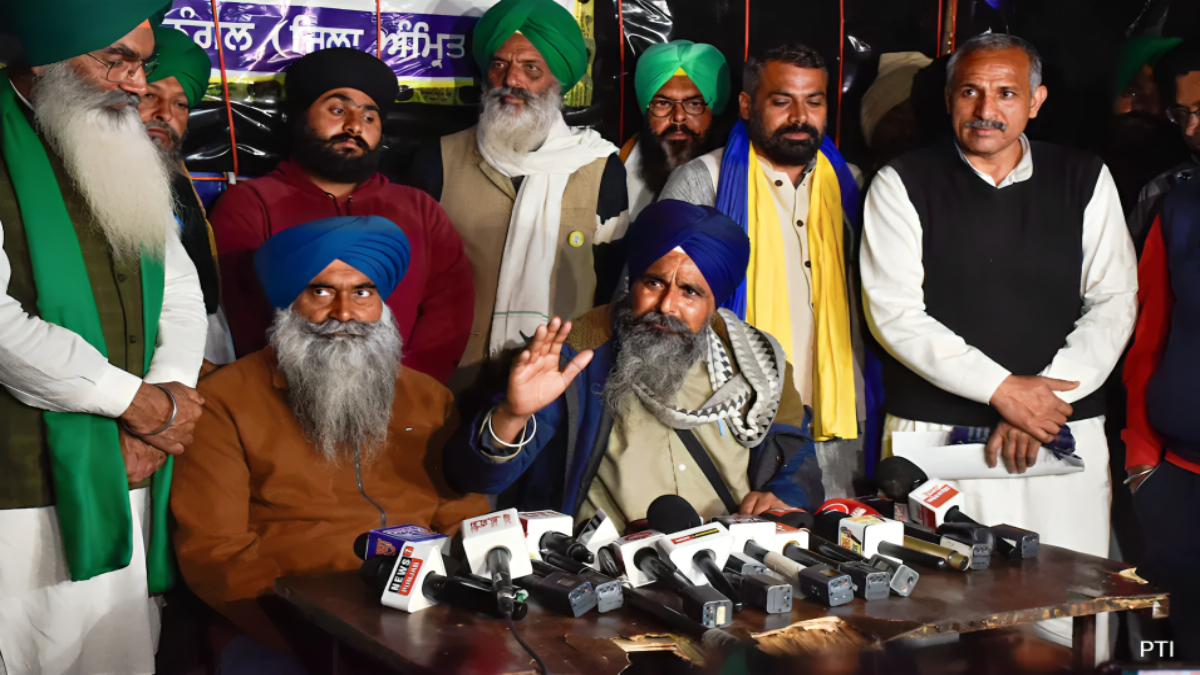A fourth meeting between the protesting farmers and a government delegation in Chandigarh last night appears to have made progress in resolving the deadlock that led to a major confrontation on the Punjab-Haryana border last week. Union Minister Piyush Goyal announced that the government has suggested purchasing pulses, maize, and cotton crops from Punjab farmers at the minimum support price (MSP) for the next five years.
The farmers have requested two days to deliberate on the proposal, while decisions on their other demands are still pending. MSP is a government-set price aimed at safeguarding farmers from significant drops in crop prices, serving as a protective measure. Mr. Goyal, accompanied by ministers Arjun Munda and Nityanand Rai, stated that government agencies will engage in a five-year contract with farmers for the proposed procurement, with no restrictions on the quantity to be purchased. The minister mentioned that cooperative societies like NCCF (National Cooperative Consumers Federation) and NAFED (National Agricultural Cooperative Marketing Federation of India) will sign contracts with farmers growing tur dal, urad dal, masoor dal, or maize to purchase their crops at MSP for the next five years.
Punjab Chief Minister Bhagwant Mann, present at the meeting, emphasized the necessity of guaranteed pricing for farmers to consider crop diversification. Farmer leader Sarwan Singh Pandher mentioned that they will seek expert opinions before deciding on their next steps, expressing hope that their remaining demands will also be addressed within the next two days. The ‘Delhi Chalo’ march, where thousands of farmers traveled towards Delhi with their tractors carrying provisions for months, will be temporarily halted. However, the march will resume on February 21 if all their demands are not met.
In addition to the law on MSP, the farmers have also expressed their demand for a loan waiver, the implementation of the Swaminathan Commission’s recommendations, pension for farmers and farm labourers, and the withdrawal of police cases filed against them during the protests.
The farmers initiated their march towards Delhi on the previous Tuesday and are currently stationed at Shambhu and Khanauri borders, situated between Punjab and Haryana. To impede their progress, multiple layers of barricades have been set up. There have been no reported confrontations with the security personnel since their last meeting held four days ago.
Delhi itself is fortified, with Ghazipur, Singhu, and other borders partially sealed. Concrete blocks and nails have been strategically placed on the roads to prevent the passage of their tractors and trollies.

